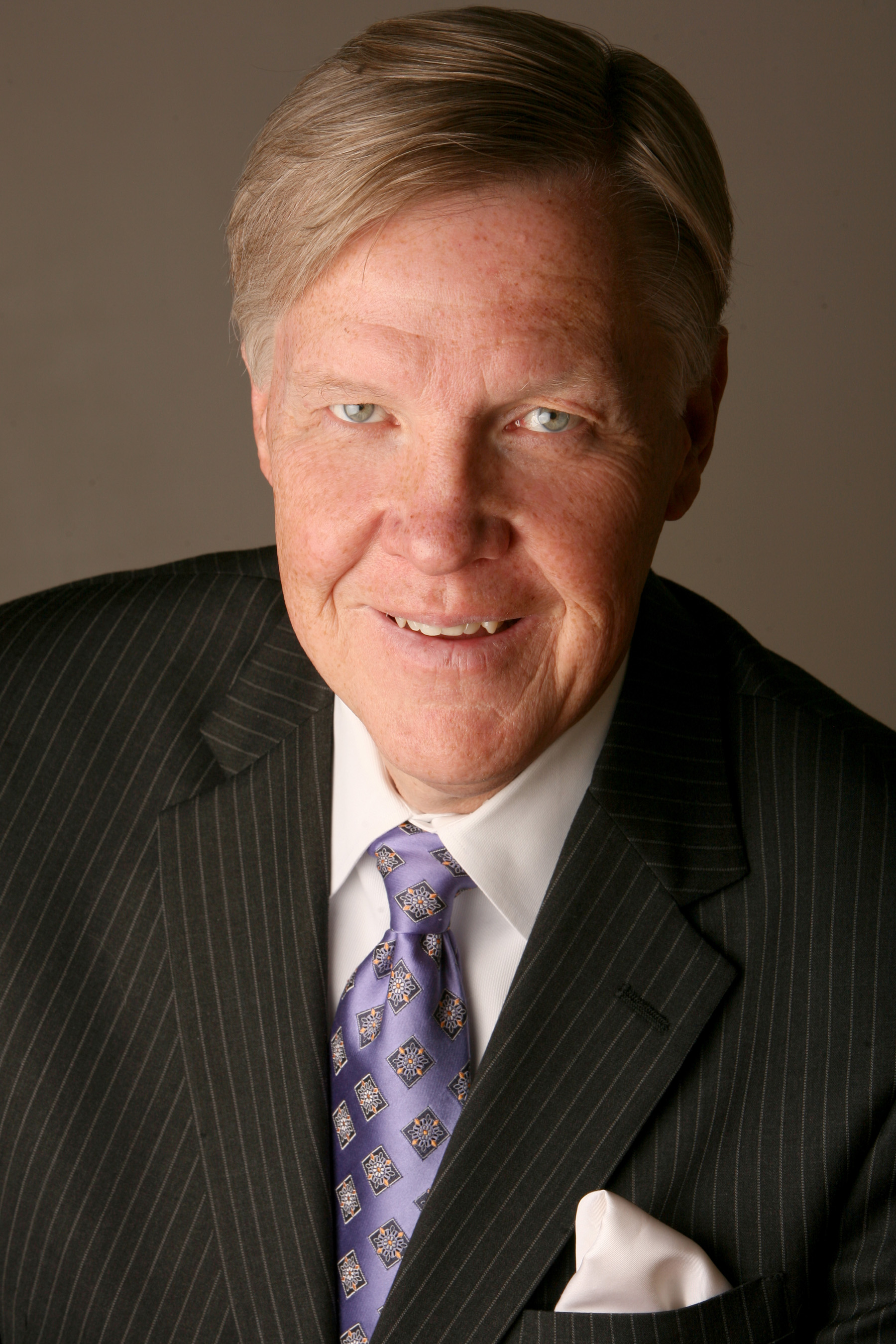
KANSAS CITY, Mo. (BP)–The memory is clear in my mind. I was standing looking at the Berlin Wall. It was a cold January night in 1977. Snow was everywhere, but the wall dominated the foreground of the landscape. Buildings behind the wall were dark with their windows bricked up and sealed. Spotlights lit up every square inch of open ground and guard towers were spaced strategically along the perimeter with at least three guards stationed in each one.
The number three was important because when guards were placed in trios and not paired, the possibilities of a bond being created between the three that would lead to defection were greatly lessened than when there were only two guards. It was an issue of calculated cynicism that marked all that the Deutsche Demokratische Republik (East Germany) did. For the first time in known history, a wall had actually been constructed designed to hold an entire nation captive.
My one dominating thought was, “Every American, in fact, every freedom-loving person, ought to see this sight. If they did, they would understand what a great gift, privilege and responsibility freedom is!” No one could be unmoved by this experience, and no one could leave untouched by the horrors of communism and totalitarianism. As a reminder of the event, I found a spot on the western side where I could pull out a small piece of concrete and a fallen piece of rusted barbwire as a reminder of a life-changing experience.
Twelve years later as a pastor in Brussels, I traveled across East Germany in October 1989. I could sense the change in atmosphere from previous journeys there. Security at the border crossing was much more relaxed. The guards were less hostile and insulting as there seemed to be a sense of lessened tension all along our journey.
A few weeks later the incredible news broke on television that the Berlin Wall had been opened. East German friends were euphoric as they realized the taste of freedom of travel, speech and religion — some of them for the first time. The wall had fallen, and a new day had come to the oppressed masses of the Warsaw Pact nations.
In the ensuing years, many improvements have come to much of Central and Eastern Europe, though not everyone, by any means, has gotten in on as much prosperity as they might have first hoped. Some “modified” forms of totalitarianism emerged in various countries and “Putinism” seems to dominate Russia’s present and future.
The “fall of the Wall” remains, however, a most significant event as it signaled the end of the Cold War and the triumph of a sort for a freer Europe.
But Europe remains in crisis. It is a crisis as real and serious as the one it faced when the Red Army was squared off against the forces of NATO at the Fulda Gap. This crisis, however, is a moral and spiritual one. Much of Europe languishes with empty churches (now often museums), hostile attitudes toward Christian values, vapid hearts and souls of a growing non-Christian populace, and confusion about how to respond to the growth of Islam in its major cities. There is an oppression of soul and spirit among many Europeans that must be lifted for true freedom — spiritual freedom — to be obtained.
The good news of the Christian message is that another wall has fallen — it is the wall of separation between a righteous and holy God and a fallen and sinful people. It is the wall that the Apostle Paul wrote of in Ephesians 2:14 — “He is our peace, who made both groups [Jew and Gentile] one and tore down the dividing ‘wall’ of hostility.” Similarly, it is the barrier that “your iniquities have built … between you and your God,” according to the prophet Isaiah (cf.59:2). It is the wall that Christ alone can remove by His shed blood on the cross when people put their faith in Him.
Through this God-provided liberation, the hollowness of life without God is filled and individuals are made His children. Europeans will never know what true freedom is until they know the freedom that comes through Jesus Christ.
–30–
R. Philip Roberts is the president of Midwestern Baptist Theological Seminary in Kansas City, Mo. He pastored churches in Germany, England and Belgium for more than nine years during the 1970s and ’80s. He also has served as a professor and dean of multiple Christian educational institutions in Belgium, Romania and Russia since 1985.
















